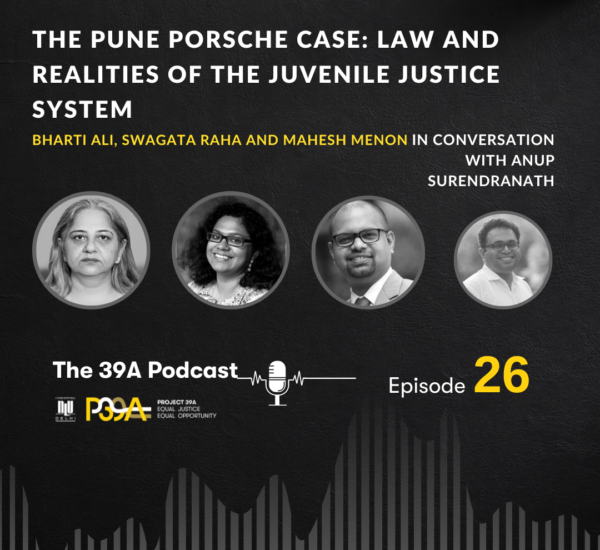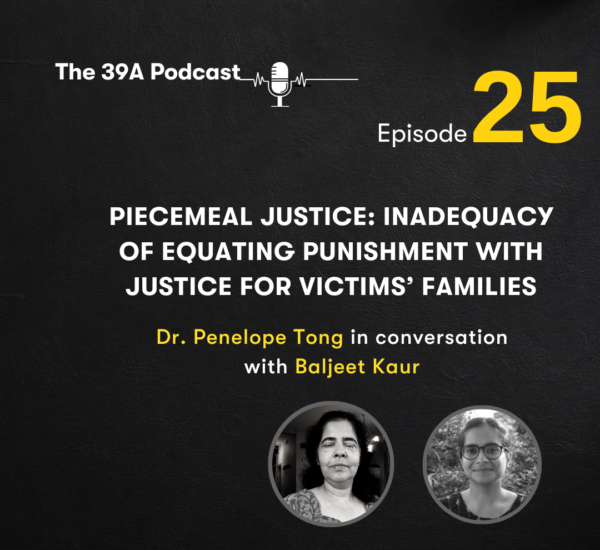The recent dismissal of the challenges to the provisions of the Prevention of Money Laundering Act, 2002 has given grounds for much criticism. Irrespective of the controversy surrounding the judgment, it stands to be the law on the question of money laundering for now. In this conversation between Harsh Srivastava and Arshdeep Singh Khurana, we take a detour from the critique and address how the judgment may be used as part of a defence strategy in money-laundering cases.
What are the implications of the judgment for a defence lawyer? One of the many problematic aspects of the PMLA is that a copy of the ECIR, which is akin to an FIR in a PMLA case, is not provided to the accused. Mr Khurana explains how this makes the criminal procedure extremely opaque for the accused. However, a silver lining that defence lawyers can look to is that the judgment establishesa strict relation between the elements of money laundering and the commencement of proceedings. Unless the ED shows the existence of a scheduled offence, the proceeds of the crime, and a link between the two, no case can be made out. The standards and parameters are different for each stage (discharge, acquittal, quashing), and Mr. Khurana discusses the judicial process and timelines underlying these stages. Mr Khurana further elaborates on the implications of filing of a closure report in a PMLA case. He speaks of the need for defence counsels to ensure that the proceedings under ECIR and scheduled offences are clubbed. He further discusses the dilution of the bail conditions by the Supreme Court vis-a-vis the right to fair trial under Article 21. While anticipatory bail has become an illusory concept under the Act, Mr. Khurana explains how lawyers can press for bail for arrested persons in the absence of investigation into scheduled offences. He also takes us through the question of attachment of property. Under what circumstances can property be attached? What is the difference between attachment and confiscation? For this, and more, please listen to the conversation!
Note: The relevant sections and cases referred to in the podcast are listed below.
Sections:
Prevention of Money Laundering Act, 2002
– Section 2(u) – Definition of “proceeds of crime”
– Section 3 – Offence of money laundering
– Section 5 – Attachment of property involved in money-laundering
– Section 8 – Adjudication
– Section 44 – Offences triable by Special Courts
– Section 45 – Offences to be cognizable and non-bailable
Judgments:
1. Satender Kumar Antil v. Central Bureau of Investigation, 2022 SCC OnLine SC 825
2. Sujay U Desai v. Serious Fraud Investigation Office, Crl. App. No. 1023 of 2022
3. Jainam Rathod v. State of Haryana, Crl. App No. 640 of 2022




